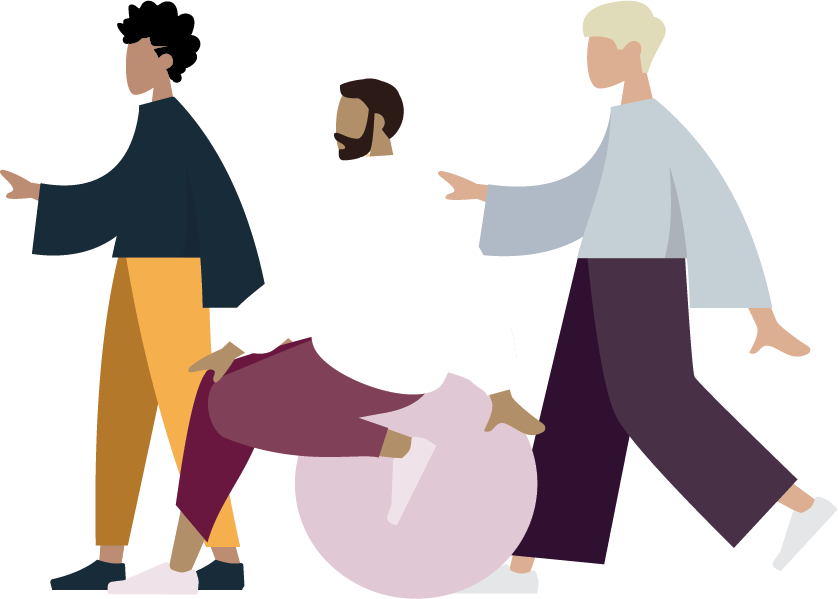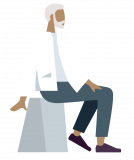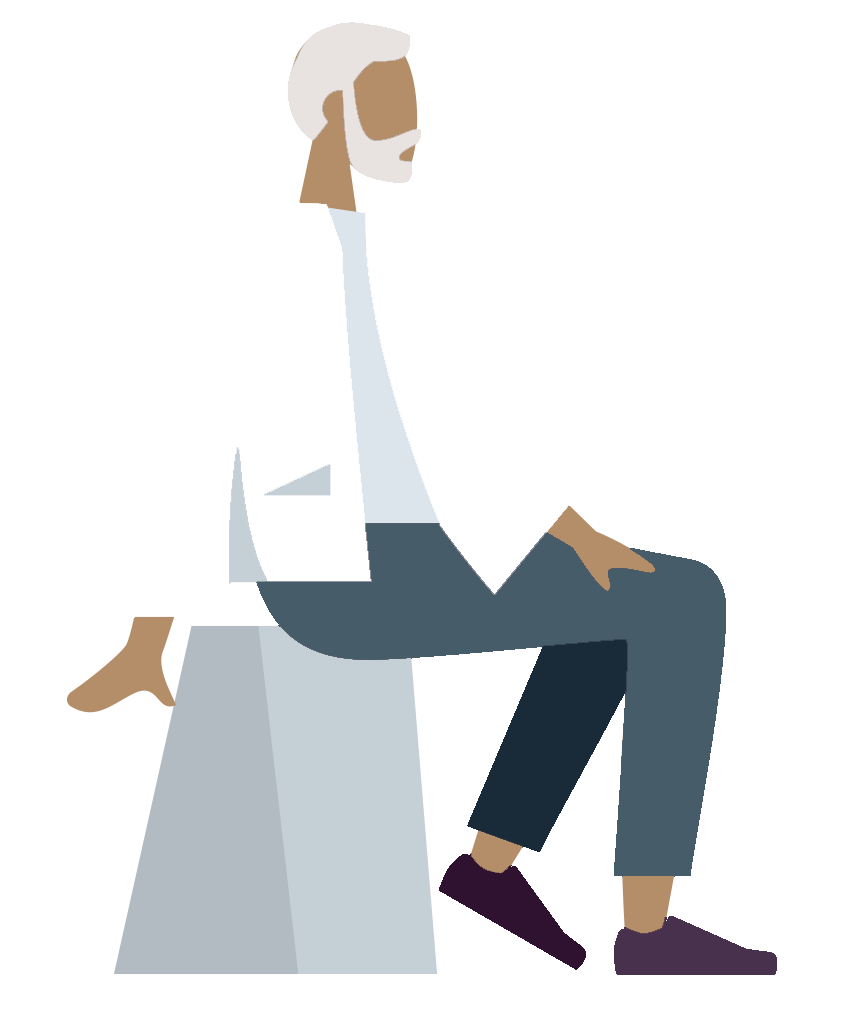700,000+ Americans have bladder cancer, but we're not all the same.
The good news is that bladder cancer is treatable and some forms are curable.
Patients of color are more likely to die from bladder cancer, mostly due to a late diagnosis and delayed access to treatments.
When we share our health care journey, we can inspire others to take action, which may improve their healthcare outcomes.








